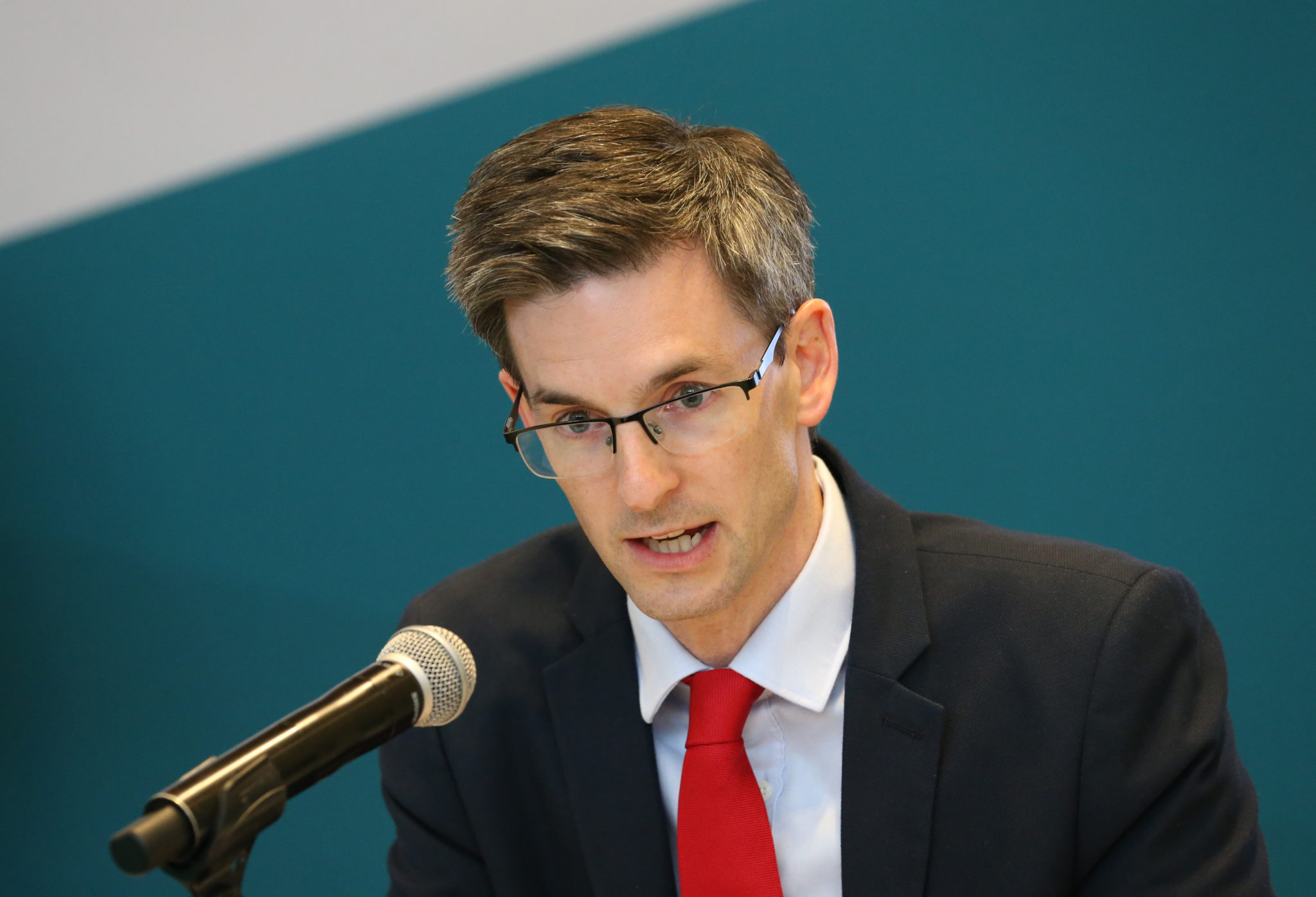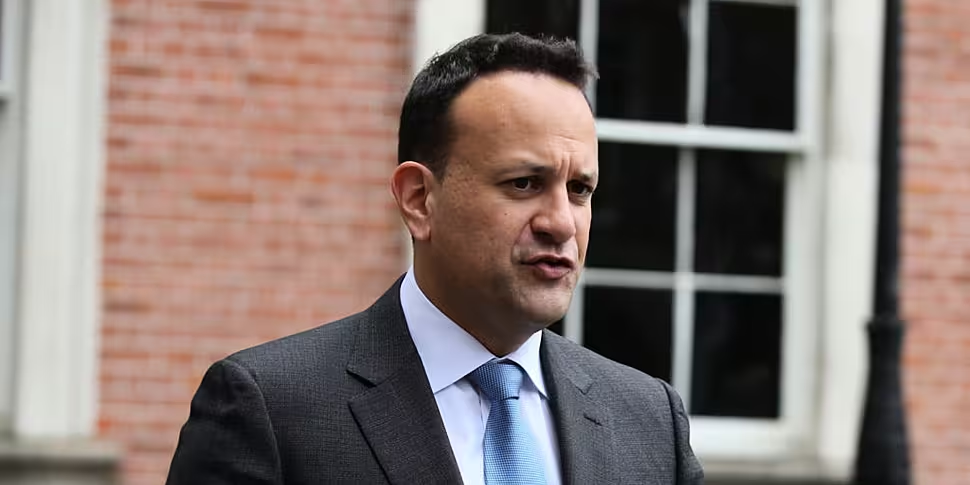The Tánaiste has said he is more confident of seeing pubs in rural Ireland open on Monday week than he is those in Dublin.
More than half of the 307 cases announced yesterday were in Dublin while 19 were in Limerick.
The National Public Health Emergency Team (NPHET) has urged people living in the two counties to reduce their social contacts as cases continue to rise.
On Newstalk Breakfast this morning, the Tánaiste Leo Varadkar said people need to remember that Irish pubs are about more than just alcohol.
“In rural Ireland in particular, pubs are almost like a community centre,” he said.
“It is where people get the news, it is where single people, who can be socially isolated, meet other people and get company.
“We are the only country in Europe that has fully closed its wet pubs for six months now so what we plan to do from September 21st is to treat wet pubs the same as we have been treating gastropubs.”
 Two men sitting in Cleary's Pub in Dublin, 11-04-2007. Image: The Irish Image Collection/Design Pics via ZUMA Wire
Two men sitting in Cleary's Pub in Dublin, 11-04-2007. Image: The Irish Image Collection/Design Pics via ZUMA WireHe said the new plan would mean the country’s ‘wet’ pubs would be treated the same way as those that serve food moving forward – and said the government would be “putting a lot of trust in publicans” to follow public health guidelines.
“The hospitality industry has done a great job of that so far and I trust our publicans to do it but there is a caveat there and that caveat will depend on there not being other local or national restrictions,” he said.
“I think, based on the numbers, you would be more confident about seeing the pubs in rural Ireland open on September 21st rather than in Dublin.
“The point I am making is that we are going to treat wet pubs the same way as we would gastropubs from September 21st and that is the real difference.”
 The acting Chief Medical Officer Dr Ronan Glynn, 07-09-2020. Image: Sasko Lazarov/RollingNews
The acting Chief Medical Officer Dr Ronan Glynn, 07-09-2020. Image: Sasko Lazarov/RollingNewsMinister Varadkar said it is important not to overreact to the high figures announced yesterday, noting that officials consider the 14-day average, alongside the percentage of positive tests, hospitalisations and intensive care figures.
“We are still doing relatively well but I am getting more worried by the day because we are seeing case numbers rise and positivity rise and hospitalisations rise and that doesn’t appear to be levelling off,” he said.
He noted that Dublin and Cork have a 17-day average that is less than Belfast and many European capitals that are not going into lockdown.
“If we were to take actions in Dublin or Limerick that are more extreme than other European cities or other European regions that have a huger level then us, we would need a good explanation from NPHET as to why that should be done,” he said.
Home visits
Minister Varadkar was speaking a week after people in Glasgow were banned from visiting other people’s homes as cases rose in the city.
He said he could not rule out a similar move in Ireland.
“They took a decision, rather than closing schools again, closing childcare again or closing businesses again that they would go really hard on gatherings within the home,” he said.
“That is an option that I think we will have to consider if the numbers keep going in the right direction.
“What I don’t know, and what I would be interested in knowing form the experts, is has that been effective in Glasgow.
“We do know what was done in Kildare, Laois and Offaly was reasonably effective but that was a different approach.”
He said any action the Government takes will be aimed at protecting public health and human life but noted that he would have a "real concern" anout the impact of any second lockdown on business, jobs and people's mental health.









